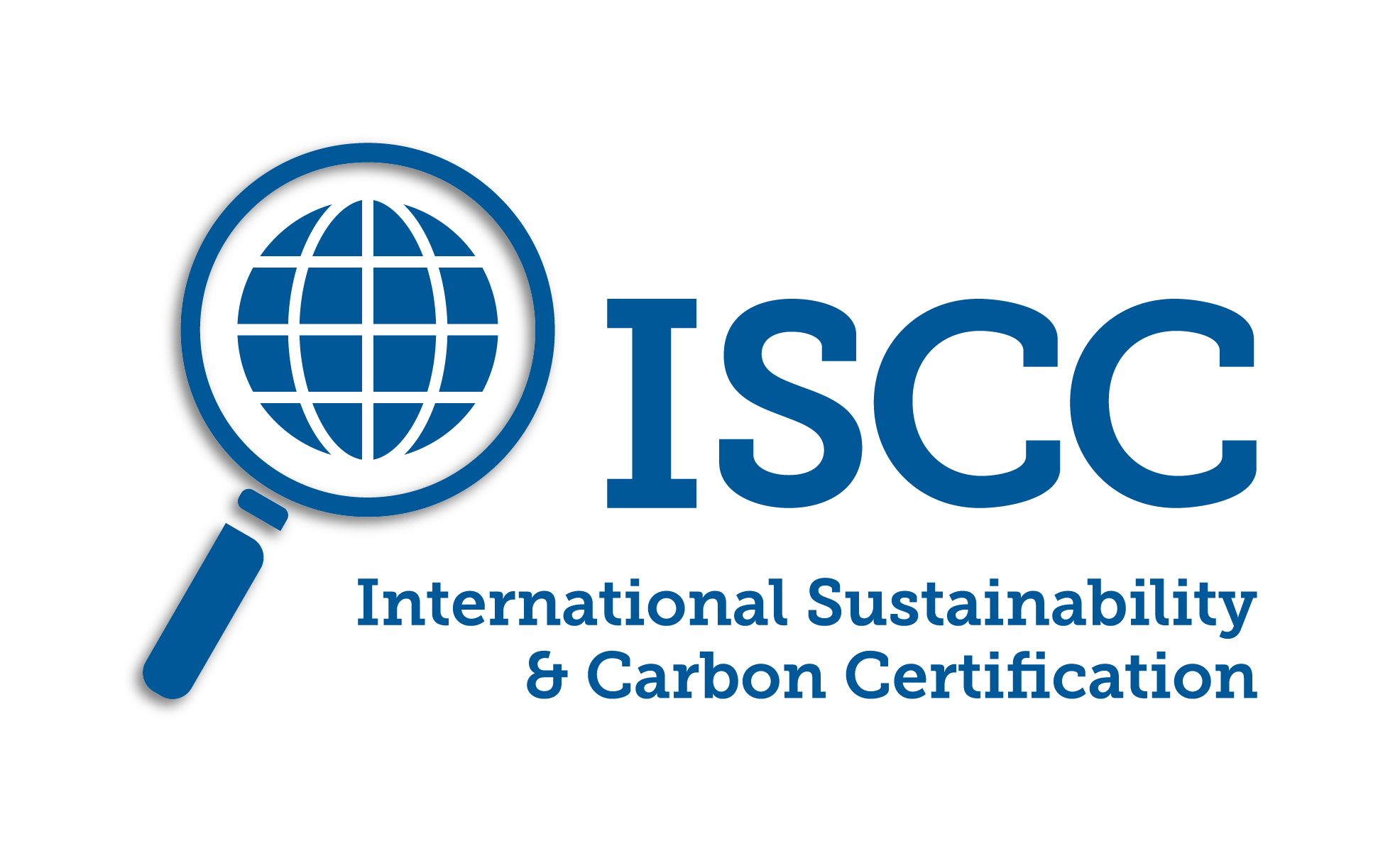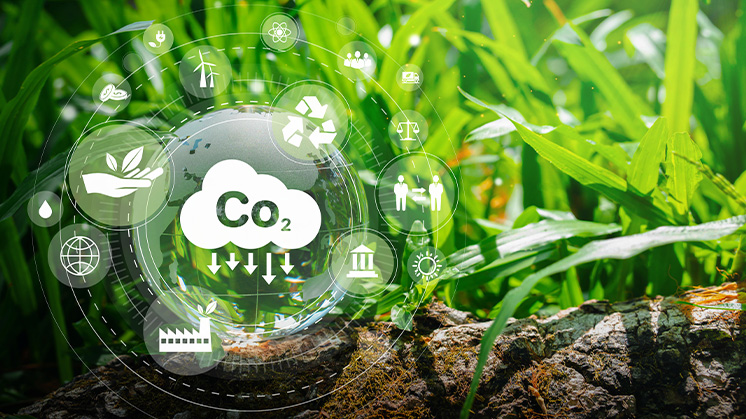Sustainability Palm Oil
Development in Palm oil Management to reduce impact Environment and Social Issues.
Making sustainable palm oil the norm is no small ambition. It calls on the commitment and expertise of people in every sector of the industry – farmers, processors, distributors, and retailers all have a part to play. Sustainable palm oil is good for the planet, for people and for protected species. But the reverse is also true
ISPO (Indonesian Sustainability Palm Oil)
why is ISPO important?
Indonesian Sustainable Palm Oil (ISPO) Consulting, hereinafter referred to as ISPO, is a business system in the field of oil palm plantations that is economically viable, socially feasible, and environmentally friendly based on the laws and regulations in force in Indonesia.
The legal basis for implementing ISPO is Presidential Regulation Number 44 of 2020 concerning the Consulting System for Indonesian Sustainable Palm Oil Plantations and Minister of Agriculture Regulation Number 38 of 2020 concerning Implementation of Consulting for Indonesian Sustainable Palm Oil Plantations.
The implementation of the ISPO Consulting system aims to:
- Ensuring and improving the management and development of oil palm plantations according to ISPO principles and criteria;
- Increasing the acceptability and competitiveness of Indonesian Palm Oil Plantation Products in national and international markets; And
- Increasing efforts to accelerate the reduction of greenhouse gas emissions.
GGL (Green Gold Label)
What is GGL?
Green Gold Label (GGL) is an international certification programme for sustainable biomass.
GGL was established in 2002 and is owned by the Green Gold Label Foundation. GGL is amongst the earliest biomass certification schemes. It has acquired a unique track record in the certification and tracking and tracing of sustainable biomass. Certification against GGL is done by independent, accredited third party certification bodies. GGL certification covers the complete supply chain from production, processing, transport to final use for bioenergy and biobased applications. The scope includes woody, agri-residue and waste wood biomass, as well as bioliquids.
Green Gold Label primaliry focuses on two market segments:
– Biomass for the production of biobased chemicals and other products
– Biomass for electricity and heat production
Benefits of GGL Certificate
This system provides certificates for the generation of renewable energy and allows for the trade of these certificates between buyers and sellers. To obtain an REC, a generator of renewable energy must meet certain requirements, including the use of sustainable biomass, as evidenced by GGL certification.
A successful GGL certification will lead to the entity being accepted as a source of biogenic waste/residues (biomass category 5) under the GGL scheme requirements for the Japanese market and ensures that category 5 biomass delivered to the Japanese market are in compliance with the METI (Ministry of Economy, Trade and Industry) FIT (Feed in Tariff) scheme.
ISCC (International Sustainability & Carbon Certification)
ISCC Works Towards a Sustainable World
International Sustainability & Carbon Certification (ISCC) is an independent multi-stakeholder organization that provides a globally valid Consulting system for the sustainability of raw materials and products, traceability through the supply chain, and determination of greenhouse gas emissions and savings. ISCC aims to contribute to the implementation of environmentally, socially and economically sustainable production and use of all types of biomass in global supply chains.
ISCC is the first international Consulting system that can be used to prove the sustainability and greenhouse gas savings for all types of biomass and bioenergy. Because more than 250 stakeholders from Europe, America and Southeast Asia have contributed to its development. ISCC guarantees high practical orientation and cost efficiency
Objectives
- Implementation of zero-deforestation
- Protection of land with high biodiversity value and high carbon stock,
- Protection of soil, water and air
- Compliance with human, labour and land rights
- Measurement and reduction of greenhouse gas emissions
- Traceability throughout supply chains
Greenhouse Gas Inventory and Accounting.
What is Carbon Accounting?
Carbon accounting, also known as a greenhouse gas (GHG) inventory, is the process by which organizations quantify their GHG emissions. Quantifying emissions provides insights to organizations so that they may understand their climate impact and set goals to limit their emissions
Reporting emissions requires that a robust system of carbon accounting is in place enabling quantification, monitoring and disclosing of GHG emissions in a transparent method that follows a universally accepted standard.
GHG emissions are categorized into three accounting categories based on industry standards:
Scope 1: Direct GHG Emissions
Scope 2: Electricity and indirect GHG
Scope 3: Value Chain – indirect GHG
What Are the Benefits of Carbon Accounting?
- Management of Carbon Risk
Premiera Consulting carbon accounting service assists with managing environmental risk and business continuity including carbon tax and emissions trading, preparing your organization for complying with the rapidly changing regulatory environment
- Emissions Reporting
Disclosure of emissions is becoming a requirement in many geographical locations. With our service offering we can assist you in generating a GHG emissions statement for mandatory or voluntary purposes such as compliance with regulatory authorities or ESG reporting.
- Green Funding
Development of a project proposition that has been validated is essential for availing various grants and green funding. Premiera Consulting assists clients with developing the proposition or by validating a previously developed project proposition.
- Control of Emissions
Premiera Consulting can provide decision support for environmental management, by tracking chronological changes in emissions. Helping to evaluate the effects of various activities on energy or emissions performance enhancement measures initiated by your organization
- Address Stakeholder Expectations
The ISO standard’s global acceptance can enhance organizational reputation regarding environmental awareness and active dedication to environmental concerns, while also demonstrating to stakeholders your commitment to sustainability, beyond voluntary participation.




